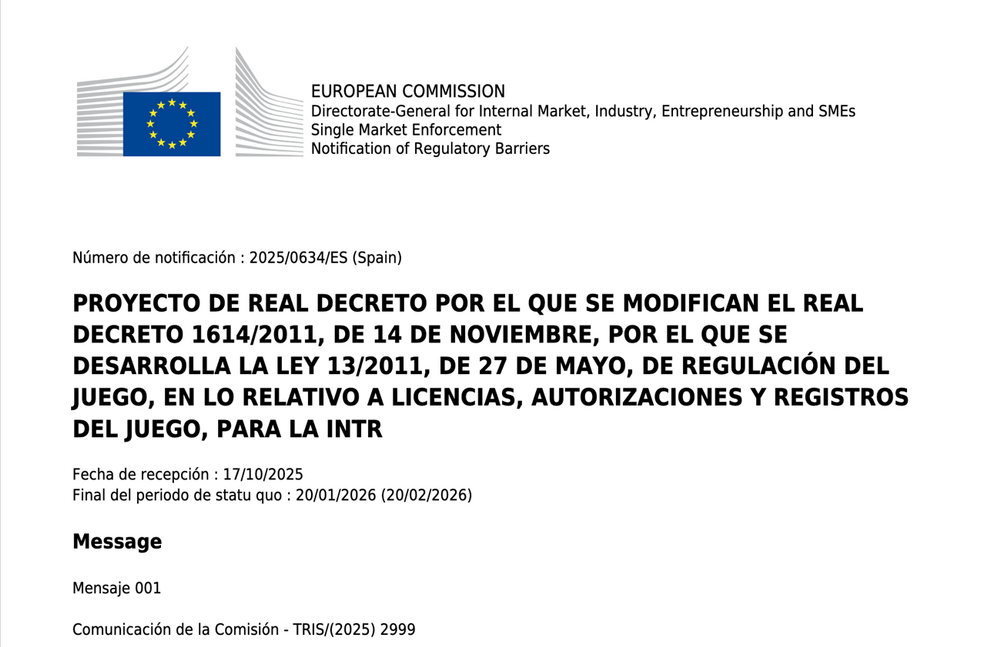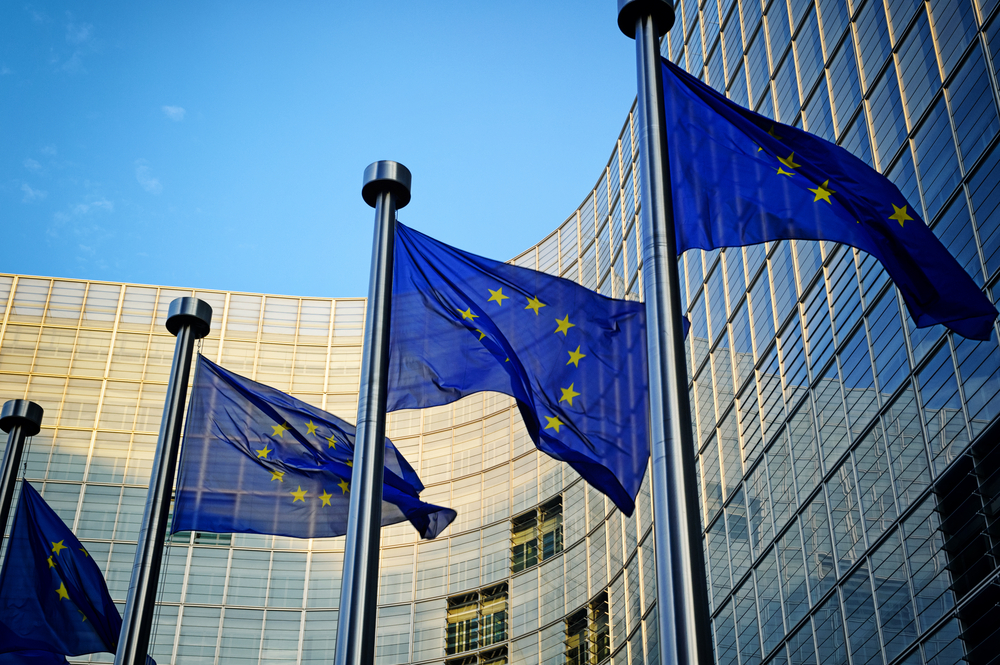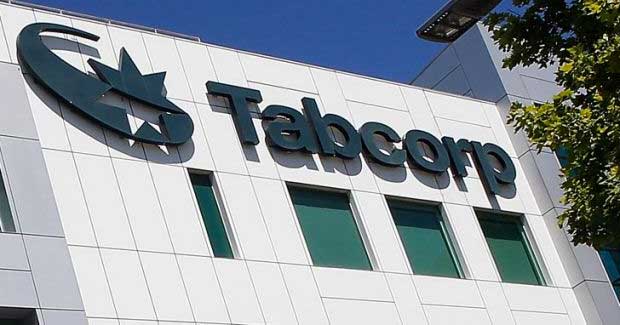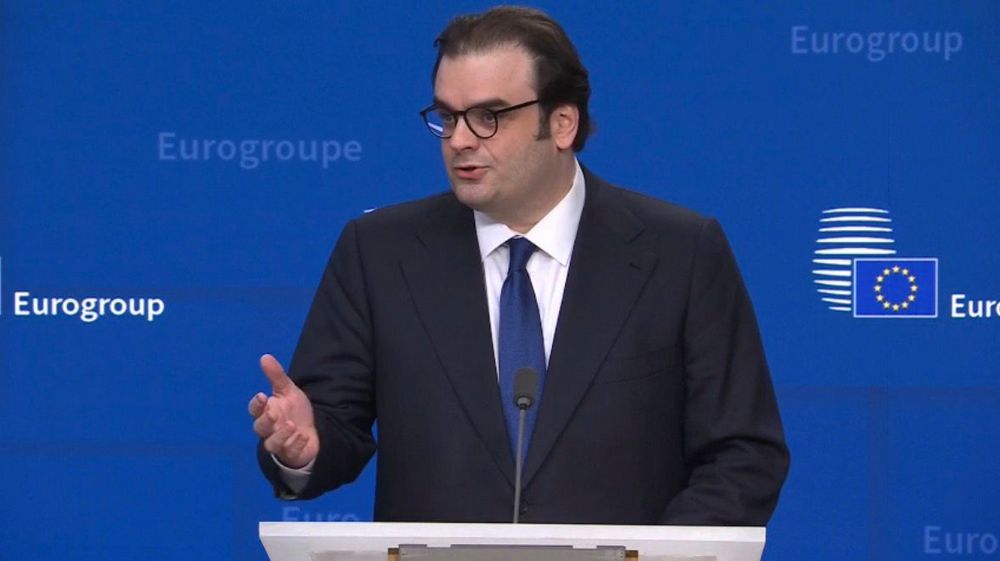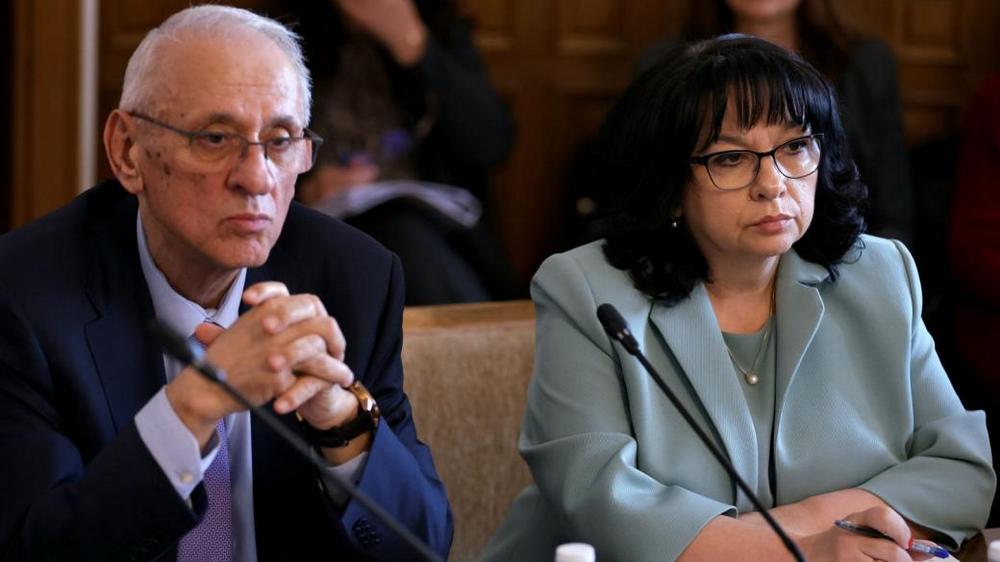Bulgaria is set to increase its gambling tax rate to 25 % of gross gaming revenue (GGR) from the current 20 %, starting January 2026, as part of its 2026 state budget aimed at closing a fiscal gap of approximately €3.86 billion.
The new rate will apply across the board — to online gambling, sports betting, lotteries and games of chance. While this raises Bulgaria’s tax regime closer to the upper end of EU standards, the increase remains modest compared to countries such as the Netherlands, where rates are climbing above 30 %.

Market analysts estimate the total regulated GGR for Bulgaria at roughly €1.1 billion (assuming both online and land-based sectors each generated about €562 million in 2023). At 20 %, the tax take would be near €225 million; at 25 %, it climbs to about €281 million — an increase of €56 million, covering roughly 1.4 % of the deficit.
Crunch Time in Sofia: Bulgaria’s Gamble on Online Limits Sparks Industry Outcry
For gambling operators the implications are significant. Because the tax is on GGR — before deducting costs like marketing, salaries or platform fees — increased rates will hit overall margin not just profitability. Some operators may reduce player bonuses, promotional spending or delay market entry due to higher effective tax burdens.
This move reflects a broader trend in Europe: countries raising gambling taxes as regulators and governments seek greater revenue. However, higher taxes carry the risk of shrinking regulated market activity — the Dutch example shows that hitting a tax ceiling can reduce overall tax take.













